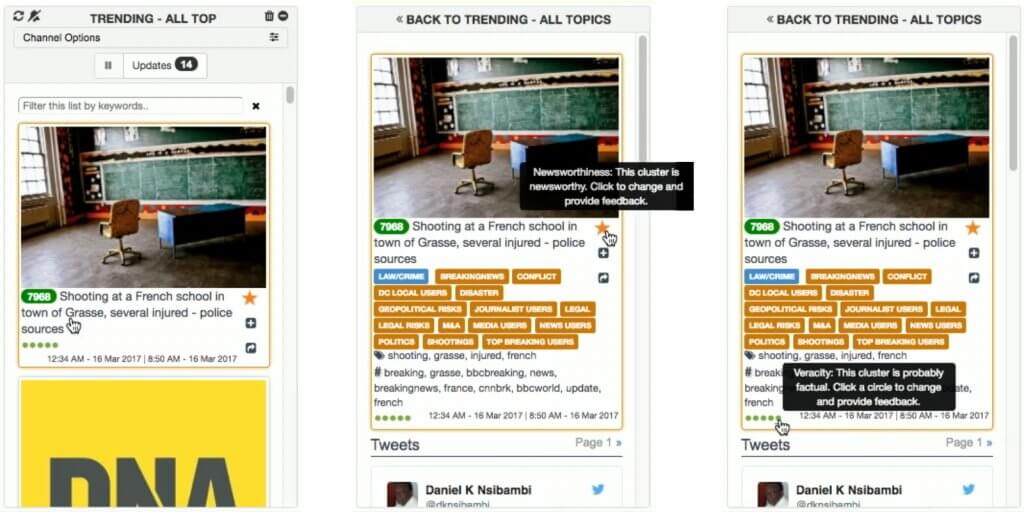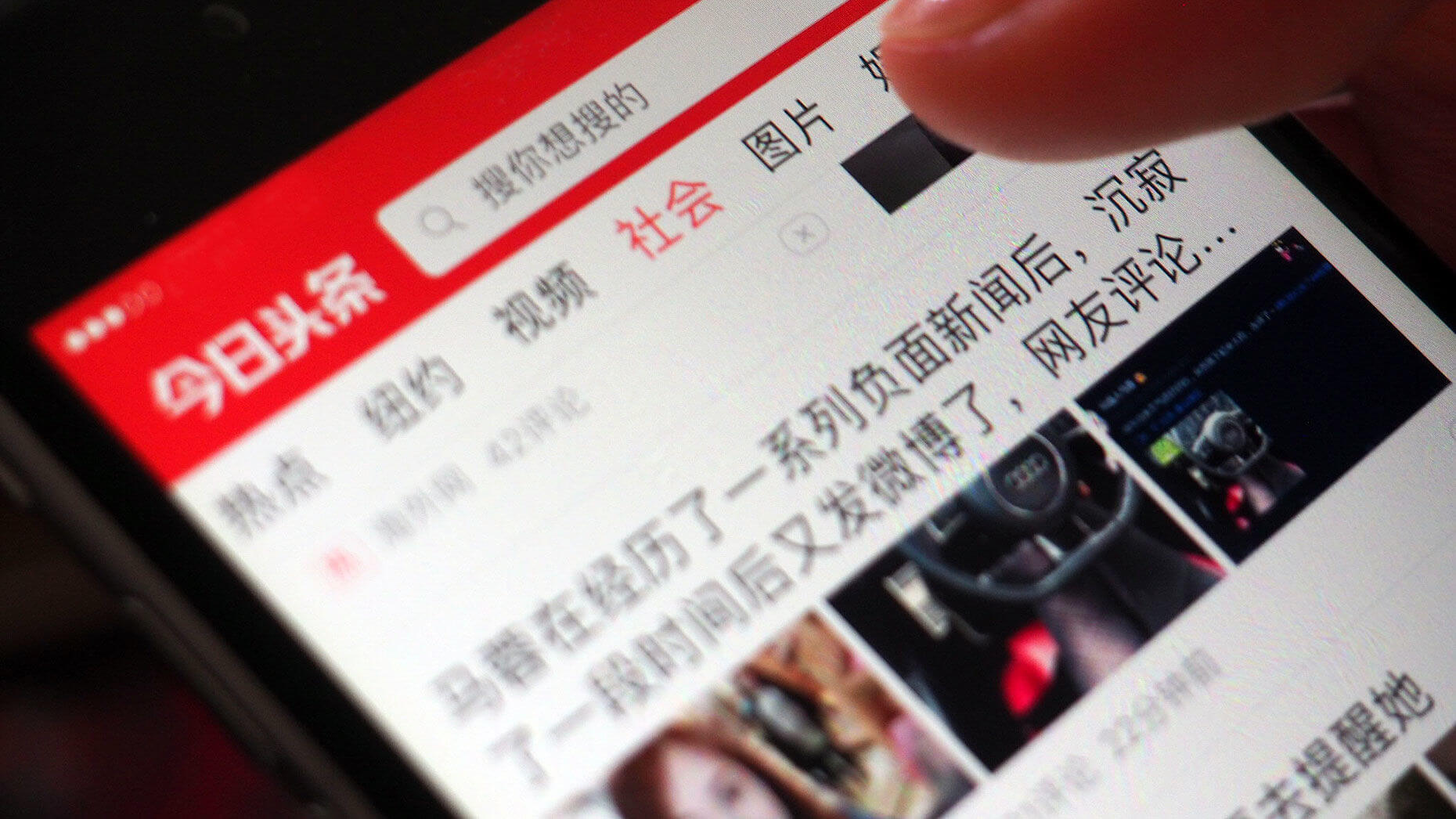
Courtesy of scmp.com
In its January 2019 report, Reuters Institute Digital Media Survey revealed that media publishers are planning to invest more in AI in the next year. This is in an effort to exploit the potential of AI and machine learning to create better news results, but not on the expenses of editors and journalists, said Nic Newman, Senior research Associate. In this article, we’ll present you three ways in which publishers will integrate AI in 2019.
Big Data Analyzer
The huge amount of daily data entry for journalists to analyze and verify has become more and more beyond their daily capabilities. Therefore, it is now a necessity for journalists to use algorithms. DataMinr for example, used algorithms to check hundreds of tweets that helped them to keep track of important breaking news items. AP has used AI to come up with an internal verification tool that assists journalist in verifying news in real time. Reuters on the other hand, is using AI to help journalists analyze big data and recommend ideas for news stories, or even help journalists write part of the stories, but not to replace reports.

Reuters News Tracer demo — Thomson Reuters
Search Engine Optimizer
AI can help media publishers and websites by sorting analytics to detect content, which is producing the top on page results. AI can also categorize themes and subject that encourage website visitors to keep returning to the website. For example Wordlift uses machine learning for SEO and has helped many businesses grow their website visitors using AI technologies. With the help of AI they were able to re- designed how content is organized by using the entity-based content models for Windowsreport, and improve content organization and SEO for Freeyork magazine.
Robotic News Anchors
News agencies have been using automated news stories in different capacities for years now, but what the next step might be, is virtual news anchors. Xinhua, the Chinese state news agency has revealed their first robotic news anchor last year. The robotic anchor movements, voice and appearance is based on a real presenter who works at Xinhua. The virtual anchor can speak English and Mandarin, but lacks warmth and sense of humor, which Xinhua claims that they can eventually programme these specification in it. Experts in the field have shared their ethical concerns in regard to the integration of AI anchors into newsrooms in the future. With the technological advancements of AI, we might witness a solution to all public concerns and a real application of AI anchors in news presenting, if not in 2019 may be in just a few years.
Machine Learning News
One impressive application of machine learning technologies in news is the Chinese app Jinri Toutiao or (Today’s Headlines). Toutiao and Kuaibao are the current global leaders of AI news, mainly using Machine Learning to send personalized news stories to users. Touitou’s has around 120 million users, with an average engagement time of an hour daily. Although AI apps are spreading fast across Asia with Newsdog in India and similar apps in Indonesia, it is important to be aware of the dangers of “popularity based algorithms.”

Toutiao App — Photo by Mike Sullivan
BBC is also building Machine Learning applications for public service in 2019. BBC believe these applications are “Responsible Machine Learning in the Public Interest,” but this means first and foremost educating people about how to use algorithms and AI for their benefits to avoid undesirable consequences.
Top Four Digital News Predictions of 2019
Despite promising potentials, experts are still skeptical about AI and continue to share their concerns regarding what is considered AI, how can it be regulated, when to be used and incorporated into the society. Theses doubts might be formed by the media coverage of the AI topic. Based on a recent study by RISJ (Reuters Institute) which analyzed 760 articles that referenced AI in UK media, 33% of the articles based their information on industry sources (CEOs and Executives), that is six times more than articles which actually referenced academia or the government.The report also declared that news outlets “politicize” opinions about AI. Right-wing outlets focus on geopolitics and economics, while Left-wing outlets focus on the ethical side of AI like algorithm bias and discrimination.
Perhaps in 2019, alternative opinions of scientists and activists can provide more insight about the advantages and smart capabilities of AI in an attempt that might change the view of AI/ML as disruptive technologies.
Would you like to write smarter stories using AI-powered SEO? Contact us at Insideout10 to know more about our latest tools to grow your business.
